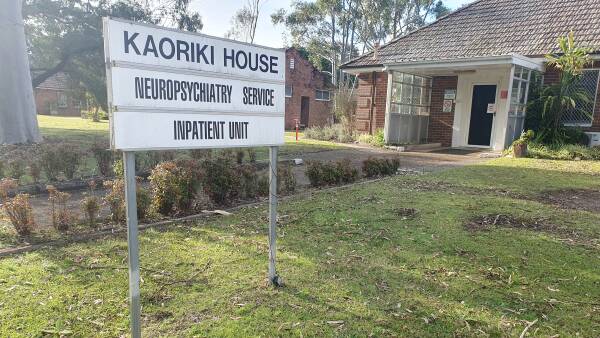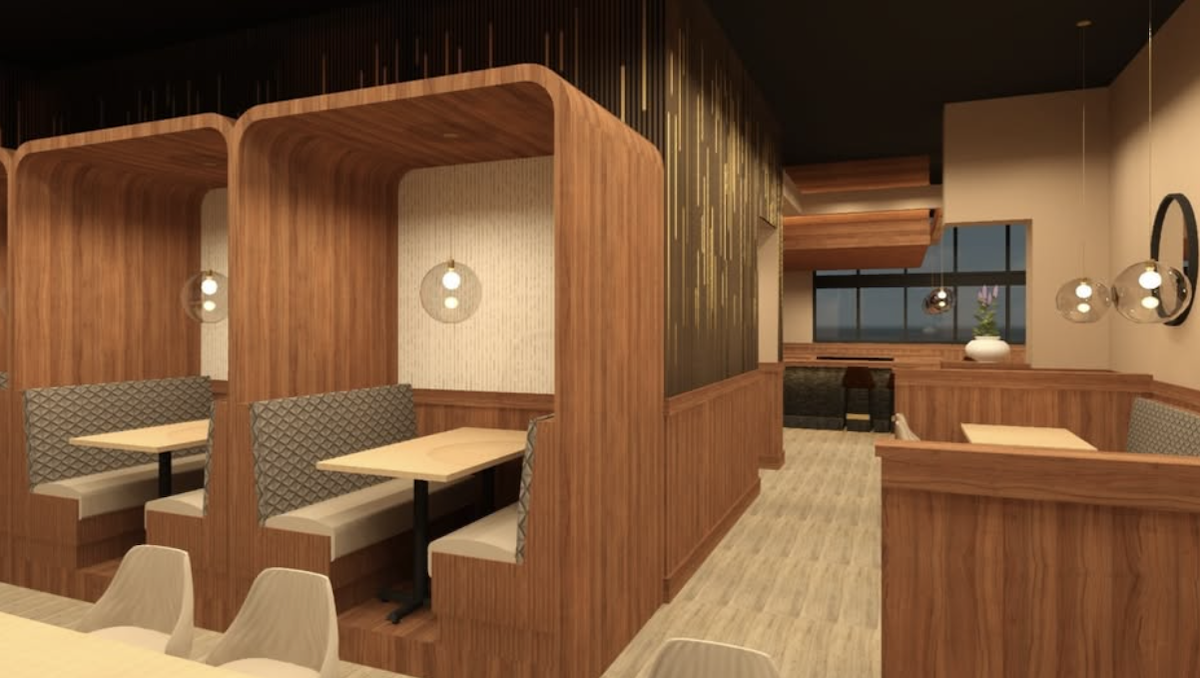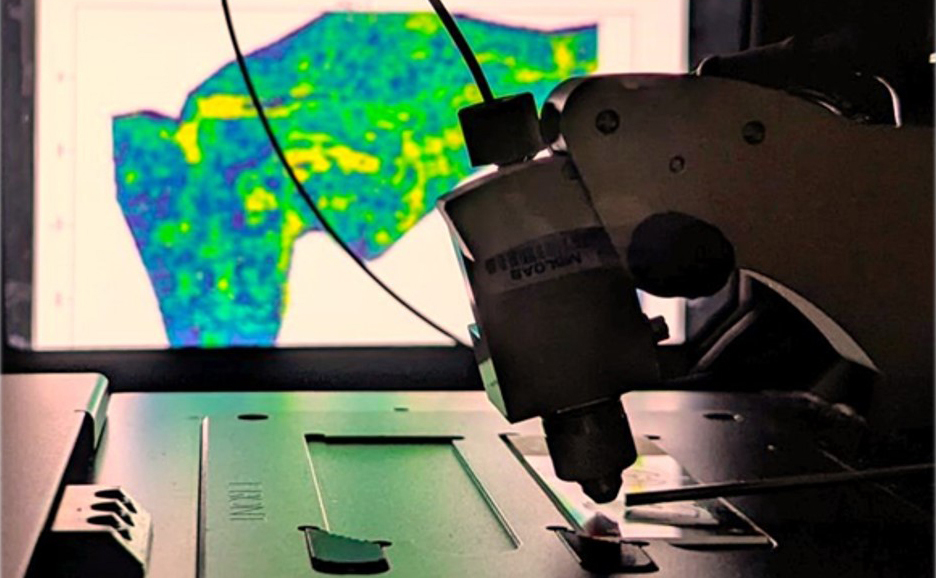
A significant change in mental health services is set to occur as the Kaoriki Unit at Morisset Hospital prepares to close its doors next week after 24 years of operation. This 12-bed neuropsychiatry unit, which has provided essential care for patients with acquired brain injuries, severe autism, and conditions such as Huntington’s disease, will cease to admit patients beginning on Thursday. Internal documents from Hunter New England Health, obtained by the Newcastle Herald, indicate that the last patient is expected to be discharged shortly thereafter.
Established in 2001, the Kaoriki Unit has been the only neuropsychiatry inpatient facility within the public healthcare system in New South Wales (NSW). An insider expressed deep sadness over the decision, emphasizing that the unit has been instrumental in delivering compassionate, person-centred care to some of the state’s most vulnerable individuals. The closure has raised concerns among staff and community members alike, many of whom have had family treated in the unit.
Concerns Over Future Mental Health Services
The announcement of the closure has sparked discussions about the future of mental health services in the region. An internal document acknowledges the significant contributions of the Kaoriki team over the years, while another statement from a senior health official cited the closure as “approaching inevitability” due to plans for the eventual disposal of the Morisset site. This involves the removal of services rather than outright sale, yet the future of the 1244-hectare lakeside property remains uncertain.
While a new Myuna Bay Sport and Recreation Centre is planned for part of the site, concerns persist about the transition from a public healthcare model to one that may prioritize private, user-pays systems. An insider critiqued this shift, asserting that it undermines the principles of equitable and accountable healthcare that have been foundational in NSW.
Internal communications indicate that the Morisset service will shift to enhancing consultation and liaison with other units within the health district. The documents assert that “there are no job losses due to these changes,” suggesting that staff will be reassigned rather than let go.
Impact on Patients and Staff
The architectural features of the Kaoriki Unit, characterized by high ceilings and spacious rooms adorned with artwork from notable artists like Picasso and van Gogh, have created a therapeutic environment. Gardening efforts by nursing staff have also contributed to the peaceful atmosphere, with sprawling green spaces designed to provide a retreat for the remaining patients.
Despite the reassurances about job security, the loss of the unit’s 12 mental health beds has been described as “shocking” by a staff member, who acknowledged the dedication of the unit’s nursing team and medical director, Dr. Peter Schofield. “Many community members who had family treated in this unit will be saddened by this,” the insider noted.
Morisset Hospital also houses the Kestrel Unit, a 30-bed medium security service, which is scheduled to be relocated to a new mental health centre at the Maitland Hospital campus by 2027. However, there is local community concern regarding this plan, with objections raised about the relocation of forensic patients who have traditionally been housed in Morisset for many years.
The government’s latest statement on the Maitland development indicates that planning documents were publicly exhibited in March-April 2025 to gather community feedback, with further updates on construction timelines expected once a builder is appointed.
As the community grapples with the impending closure of the Kaoriki Unit, the focus remains on ensuring that adequate mental health services continue to meet the needs of vulnerable populations in the region. Hunter New England Health has been contacted for further comments on the situation.





